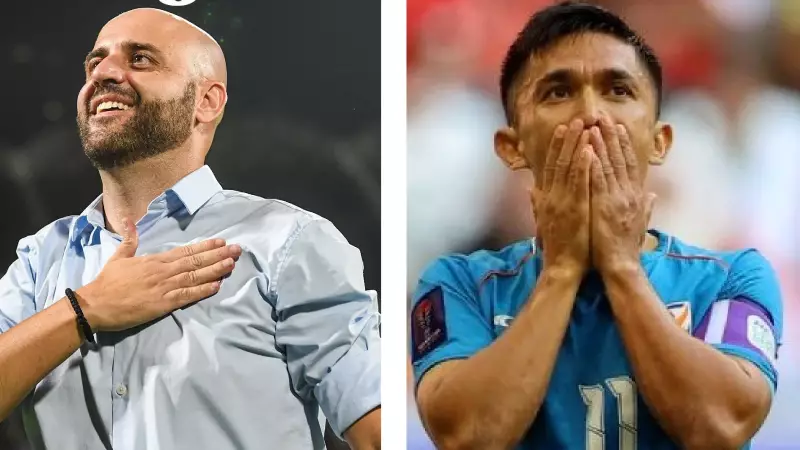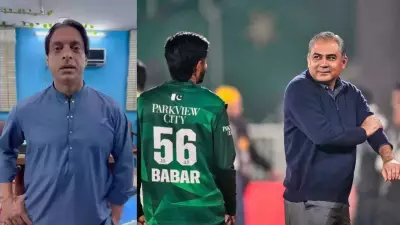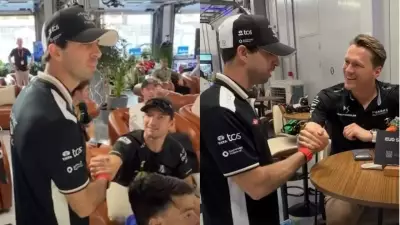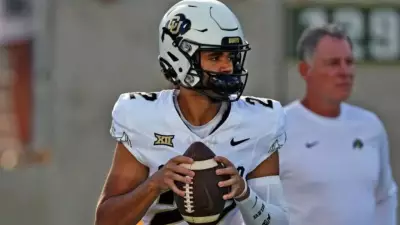
Indian Football Plunged into Chaos as ISL Future Hangs in Balance
The Indian football ecosystem is facing its worst crisis in recent memory as the uncertainty surrounding the Indian Super League (ISL) has escalated dramatically. Clubs have begun losing key staff members, player salaries are being withheld, and first-team operations have been suspended across multiple franchises.
The root cause of this turmoil lies in the All-India Football Federation's (AIFF) inability to secure a commercial partner for the country's premier football competition. This development has sent shockwaves through the entire football community, putting careers and livelihoods at risk.
Clubs Take Drastic Measures as Uncertainty Grows
The crisis reached a new level when Bengaluru FC announced on Friday that its head coach Gerard Zaragoza would be leaving the club, along with his entire staff. This marks one of the most significant casualties of the ongoing deadlock.
Several other prominent clubs including Kerala Blasters and Mohun Bagan Super Giant have suspended their first-team operations. Players across the league are growing increasingly apprehensive about their financial security, with clubs reportedly considering invoking force majeure clauses to justify withholding salaries.
"We cannot start first team operations until we know what date the ISL will begin. There is sport science and training involved which needs 5-6 weeks at least before the league begins," revealed an official from one ISL club to The Indian Express.
Bidding Stalemate and Constitutional Constraints
The core issue stems from the AIFF's struggle to attract bidders under the current Request for Qualification (RFQ) document. The document mandates Rs 37.5 crores or 5% of gross revenue to win the commercial rights for the Indian Super League, terms that have failed to generate interest from potential partners.
This RFQ structure was developed in compliance with the Supreme Court-mandated Constitution that governs the AIFF. The federation now finds itself caught between judicial requirements and commercial realities.
Retired Justice Nageswara Rao is scheduled to inform the Supreme Court on November 18 about the football federation's failure to secure a commercial partner. Following this disclosure, the AIFF hopes to obtain a hearing with the apex court and propose amendments to its constitution that could potentially revive the bidding process.
Players Unite in Unprecedented Protest
The human cost of this administrative failure became starkly visible earlier this week when Indian Super League players united in a coordinated social media campaign, demanding immediate resolution to the crisis.
FC Goa defender Sandesh Jhingan articulated the collective frustration on his social media platforms: "Where we are right now is not a delay anymore, it's a standstill for the coaches, fans, staff members, and players. We have worked too hard, sacrificed too much to let our season vanish in silence."
This display of player solidarity caught international attention, prompting FIFPro Asia/Oceania, the continental player union body, to accuse the AIFF of failing to take meaningful action to resolve the stalemate.
"Despite the severe impact on players' livelihoods, the AIFF has neither taken meaningful action to address the issue nor consulted with players, in a clear breach of their labour rights," FIFPro Asia/Oceania stated in a strongly worded statement on Thursday.
Widespread Impact Across Indian Football
The crisis has created a domino effect throughout Indian football. The delay in organizing the Indian Super League has subsequently pushed back confirmation of calendars for both the I-League (India's second-tier football competition) and the Indian Women's League (IWL).
The ripple effects are particularly damaging for women's football. The Indian senior women's team recently achieved a significant victory by qualifying for the AFC Women's Asian Cup after defeating Thailand in the AFC qualifiers. This accomplishment generated optimism about the team's chances of qualifying for the 2027 FIFA Women's World Cup.
The AIFF had previously committed to supporting this campaign and had planned to schedule the IWL earlier than usual in September, structured over two phases to ensure the women's team would be in peak condition for the Asian Cup in March. These plans now hang in the balance.
With reports suggesting that players and clubs are preparing to approach the Supreme Court directly, the crisis in Indian football shows no signs of immediate resolution, leaving the future of the sport in the country uncertain.






